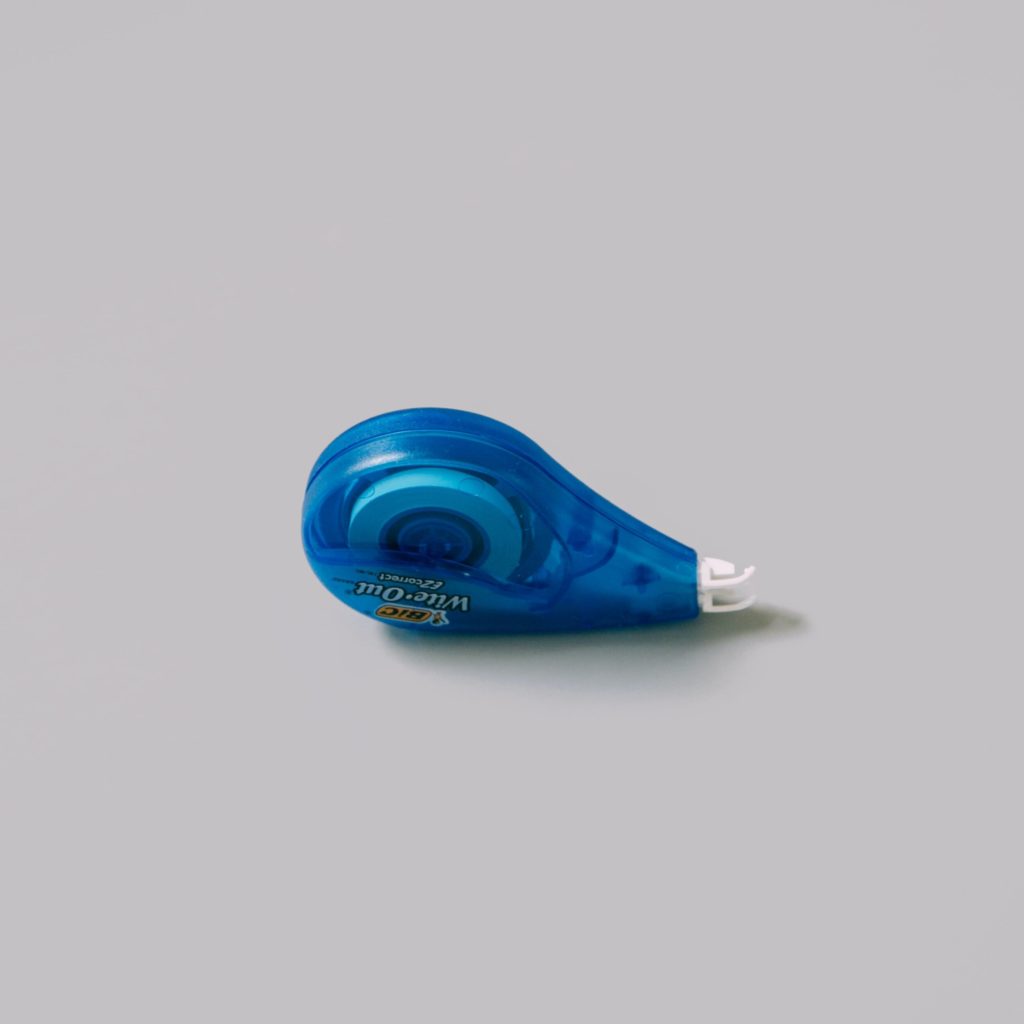
Is it ethical to hire an editor for a college application essay or job application cover letter? Is that any less ethical than having a friend or colleague “read over” your work for you? Is it ok to pay for a proofreader to correct your college paper? Is that any different to using a service like Grammarly?
As with many ethical issues, these are not questions anyone else can answer for you. However, as they are questions most editors answer for themselves early on, there are several facts and factors than can help throw some light on your final decision.

Proofreading: Proofreading refers to the most basic level of service: a proofreader will correct your grammar, expression, and formatting to ensure that your document is clear, consistent, and correct. A proofreader will not, however, usually correct or offer feedback on content and organization.
“Expression” is the one term here that is less than clear-cut; most ethical editors will revise expression for clarity, but will advise on rather than implement any substantial rewriting for expression in order to allow the author’s voice to be maintained authentically.
Editing: Editing provides a higher level of service than proofreading. An editor will proofread your work but will also offer feedback on the content and organization of your document. He or she might, for example, indicate where a thesis is unclear, or a point is unsubstantiated by evidence. An ethical editor will NEVER rewrite content for you, however; nor will he or she implement changes to the organization and structure of your document. These behaviors constitute writing services, not editing services.
Writing: Writing refers to the generation of original content and/or any changes to a document that do not fall under the heading of grammar, expression, and formatting (see the note above on expression). Writing services are commonly offered for business and technical documents (advertising copy, corporate blog posts, or organizational training materials, for example); they are also commonly available for resume and cover letter template services. However, an ethical writer/editor will never offer to write a paper, application letter, or cover letter (other than a template) for you: these are documents that are intended to directly demonstrate your abilities and to pass off the work of another person—even a hired writer—as your own in these documents is plagiarism and is categorically unacceptable.
Consultation: Think of consultation as the verbal equivalent of editing—it is the provision of editing guidance in a more interactive manner or setting. It might also refer to the provision of written guidance and suggestions without accompanying proofreading services.
As these brief summaries suggest, it is the line between editing and writing that can become ethically hazy.

For example, an editor looking at a college paper will most likely provide the same feedback the professor would provide if he or she were willing to look at a rough draft. The editor will tell you whether your thesis is clear, for example, and will help you identify where and how it lacks clarity but will not rewrite the thesis for you. An editor might tell you that a paragraph would benefit from the addition of more research to substantiate certain points but should not be conducting that research for you nor adding it to your paper.
An editor looking at a college application essay might tell you whether you have fully answered the provided prompt and where you might consider adding details about your skills and experience. However, they should never add those details for you.
Think of an ethical editor as a guide. He or she will provide you with the tools and instructions, but producing the actual, final document remains your responsibility. Why? Because by implementing high-level suggestions yourself, you produce an authentic document that utilizes your original thoughts and ideas and, thus, avoids plagiarism.

In other words, the only way an editor alters your original material for you is to correct your grammar and expression for correctness and clarity. Ethics therefore comes down to the consequences of presenting work that has been polished in this way.
There are situations in which is clearly unethical to have someone else do even this work for you. A good example is a graded college or school paper in which a portion of the grade is awarded for grammar, expression, and formatting. A good rule of thumb is that if you are receiving a grade for something, you need to do it yourself.
On the other hand, unless you are applying for a job or college program in writing, editing, or graphic design, an employer or admissions officer is unlikely to care very much whether the expression, grammar, or beautiful design of your document is your original work—they care about the ideas you are expressing and the skills/experience you are describing.
Of course, if you are completing an application whose success will depend on your writing/editing/design skills, it is not ethical to pay someone else to fulfill those functions for you. (it is also, incidentally, either a waste of money or an indication that that is not the job/course for you). When publishing your own writing for public consumption, most publishers will provide an editor or require you to work with one; editorial support is standard in this situation and not even remotely unethical.
There is one final consideration that might weigh in on your decision: not everyone in our society has access to equal educational opportunities and the ability to develop the standardized grammar skills expected by many employers and institutions. There is also considerable debate about whether such standardized grammar even deserves the elevated status it often receives on grading rubrics and from employers.
What is clear is that in situations where standard grammar and expression are valued, those who can afford to pay for an editor enjoy a potential advantage over those who cannot; hiring an editor in these circumstances widens the inequality gap. On the other side of the coin, so does considering grammar and expression as success criteria in a world where some can afford an editor, and some cannot. Whether this impacts your decision about whether to hire an editor is wholly personal.

Once you have found an ethical editor, don’t be afraid to ask for guidance on what is or is not ethical and acceptable. Editors become editors because they care passionately about helping people become better writers, so go ahead and make the best of the expertise they offer.
Want to see what ethical editing looks like? Read.Write.Perfect coaching services include editing support!
